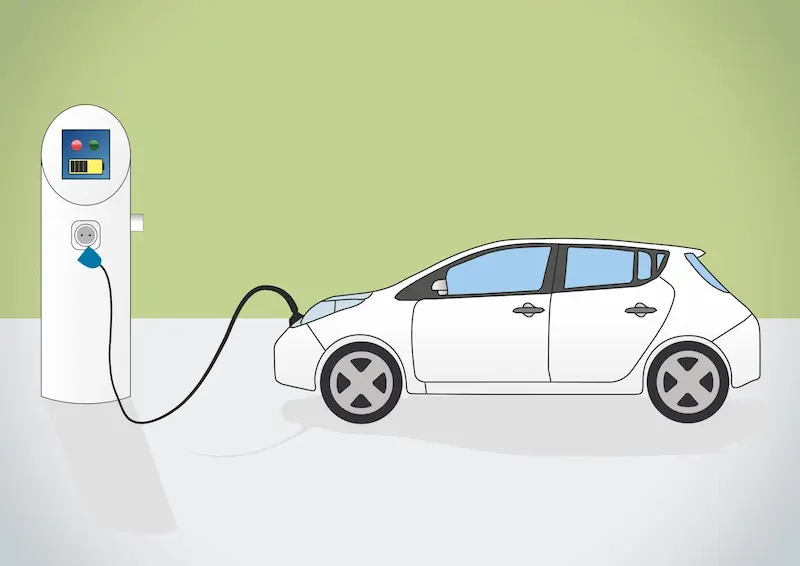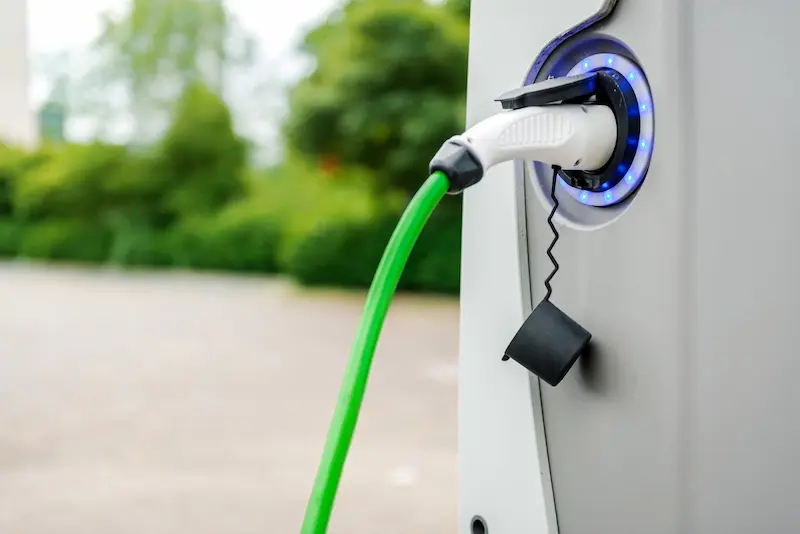Table of Contents
The rise of electric vehicles (EVs) has brought a surge in demand for efficient and accessible charging options. Two primary types of chargers dominate the market: DC (Direct Current) chargers and AC (Alternating Current) chargers. While both serve the same purpose of replenishing an EV’s battery, their functionality, speed, and use cases differ. Choosing the right charger depends on various factors, including vehicle type, usage patterns, and infrastructure availability.
How DC and AC Chargers Work
The fundamental difference between DC and AC chargers lies in how they deliver power to the EV battery. AC chargers deliver alternating current to the vehicle, which must be converted to direct current using the car’s onboard converter before it can be stored in the battery. This conversion process can take time, resulting in slower charging speeds.
DC chargers bypass this step by converting the power to direct current externally and delivering it straight to the battery. This streamlined process explains why DC chargers are significantly faster for EVs, especially when time is of the essence. However, note that not all EVs are compatible with DC chargers, so checking your vehicle’s specifications is essential.
Speed of Charging
One of the most apparent differences between DC and AC chargers is their charging speed. DC chargers, commonly known as fast or rapid chargers, can recharge a battery in a fraction of the time it takes an AC charger. For instance, a DC fast charger might replenish an 80% charge in 30 minutes, whereas an AC Level 2 charger could take several hours to achieve the same result.
While DC chargers are ideal for busy individuals who need quick top-ups, their high-speed operation can generate heat, requiring robust thermal management. AC chargers, with their slower charging pace, are better suited for preserving battery longevity during routine use.
Cost and Installation Considerations

Cost plays a significant role in the selection of chargers. DC chargers typically require higher investment due to their advanced technology and need for dedicated infrastructure. Their installation often involves substantial electrical upgrades and space allocation, making them more suitable for commercial applications or high-traffic charging stations.
In contrast, AC chargers are more affordable and easier to install. Many EV owners opt for AC Level 2 chargers for home use, as they provide a good balance between cost and charging speed. For businesses, AC chargers can serve as an economical way to offer charging to customers or employees.
Impact on Battery Health
The long-term health of an EV battery is an important consideration when choosing between DC and AC chargers. Frequent use of DC fast charging can lead to accelerated battery wear due to the rapid flow of electricity and heat generated during the process. While modern EVs are equipped with sophisticated battery management systems to mitigate damage, occasional use of DC charging is recommended.
AC chargers, with their slower charging speed, are generally gentler on the battery. Regular use of AC chargers for daily charging can help maintain battery health and extend its lifespan.
Accessibility and Availability
Accessibility is another factor to consider when deciding between DC and AC chargers. DC fast chargers are often installed along highways and at high-traffic locations to accommodate long-distance travelers. However, they are less common than AC chargers due to higher costs and infrastructure requirements.
AC chargers are widely available and frequently found at residential locations, workplaces, and public parking lots. Their widespread availability makes them a practical choice for daily use, particularly for EV owners who primarily drive within a city or town.
Suitability for Different Use Cases
The choice between DC and AC chargers ultimately depends on your specific needs. DC chargers are better for long trips where quick recharges are necessary, such as during cross-country travel. Their ability to charge quickly ensures minimal downtime.
AC chargers, on the other hand, are ideal for routine, low-stress charging scenarios. Whether it’s overnight charging at home or leaving your car plugged in while at work, AC chargers provide the convenience and reliability most EV owners seek.
Choosing between DC and AC chargers comes down to your charging habits, travel needs, and budget. DC chargers provide rapid charging for those on the go or embarking on long journeys, making them a valuable resource for reducing downtime. AC chargers, by contrast, are cost-effective, widely available, and well-suited for routine, daily charging, helping to maintain battery health over time. By considering the unique advantages of each type, EV owners can make informed decisions to optimize their charging experience and ensure their vehicle remains powered and ready for any journey.
Want to explore something different? Why Seasonal Changes Affect Plumbing and HVAC Systems in Your Home

